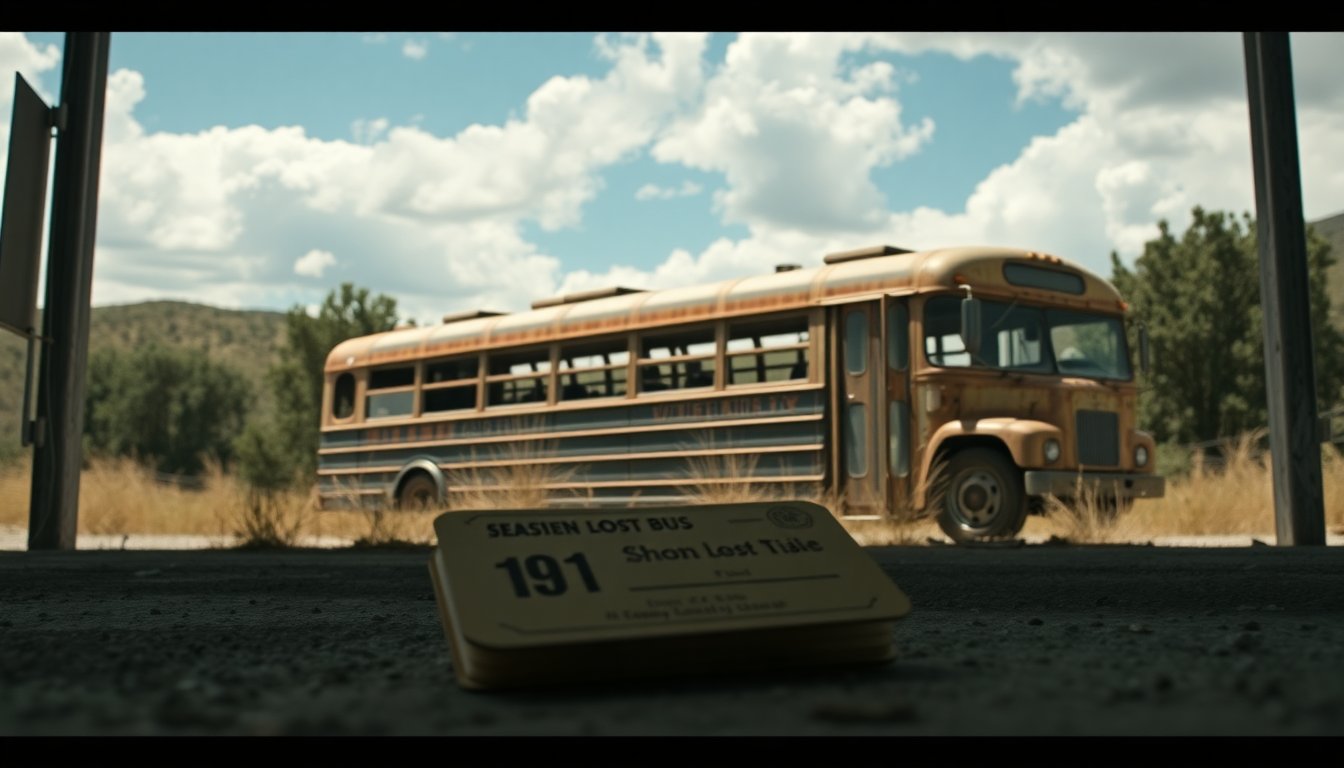Table of Contents
In the realm of cinema, actors often grapple with complex characters, striving to portray their essence authentically. Matthew McConaughey, a seasoned performer known for his captivating roles, reveals a significant aspect of his craft in his latest film, ‘The Lost Bus.’ His journey in this project not only showcases his acting prowess but also highlights pressing societal issues that resonate deeply with audiences today.
Understanding the Character of Kevin McKay
McConaughey’s initial hesitation about taking on the role of Kevin McKay stemmed from a lack of connection to the character’s internal struggles. The narrative centers around McKay, a bus driver who rises to the occasion during the devastating 2018 Camp Fire, rescuing 22 children. Initially, McConaughey felt that the script lacked a personal monologue that would allow him to access the character’s depth. However, after discussions with director Paul Greengrass, he discovered the emotional layers that defined McKay’s journey.
Greengrass articulated a pivotal line that resonated with McConaughey: ‘I was too late as a son and now I’m too late as a father.’ This moment crystallized for the actor the essence of McKay’s character—a man grappling with grief and familial disconnection. Such revelations emphasize the importance of understanding a character’s emotional landscape, particularly when portraying an ordinary individual faced with extraordinary circumstances.
The Timeliness of ‘The Lost Bus’
‘The Lost Bus’ arrives at a moment when ecological disasters are increasingly prevalent, making its narrative all the more relevant. As Greengrass was editing the film, real-life wildfires ravaged communities in Southern California, mirroring the story’s themes. This juxtaposition of fiction and reality struck a chord with both McConaughey and Greengrass, reinforcing their commitment to narrating how everyday people confront monumental challenges.
McConaughey elaborates on the character’s journey, stating, ‘Kevin is just going through the ho-hum of a regular day when everything is interrupted by this crisis.’ This reflects the unpredictability of life, where ordinary moments can be transformed into defining experiences. The film not only highlights the heroism of individuals but also serves as a reminder of the resilience that lies within us all.
McConaughey’s Artistic Evolution
After a six-year hiatus from acting, during which he penned a memoir, McConaughey returns with a renewed perspective on his craft. He believes that real-life experiences, combined with the emotional complexities of human existence, fuel his creativity. This period away from the screen has enriched his ability to create characters that resonate with authenticity.
As he contemplates future projects, McConaughey expresses excitement about the return of former co-star Nicolas Cage in the fifth season of ‘True Detective.’ Reflecting on his own iconic role as Rust Cohle, he acknowledges the impact of well-crafted monologues on character development. ‘We nailed that first season,’ he says, hinting at his willingness to reprise roles that encapsulate profound themes and narratives.
Ultimately, ‘The Lost Bus’ is not just a film about heroism in the face of adversity; it’s a deeper commentary on personal growth, resilience, and the human capacity to rise above challenges. McConaughey’s portrayal of Kevin McKay stands as a testament to the power of storytelling in reflecting and shaping our understanding of the world.


